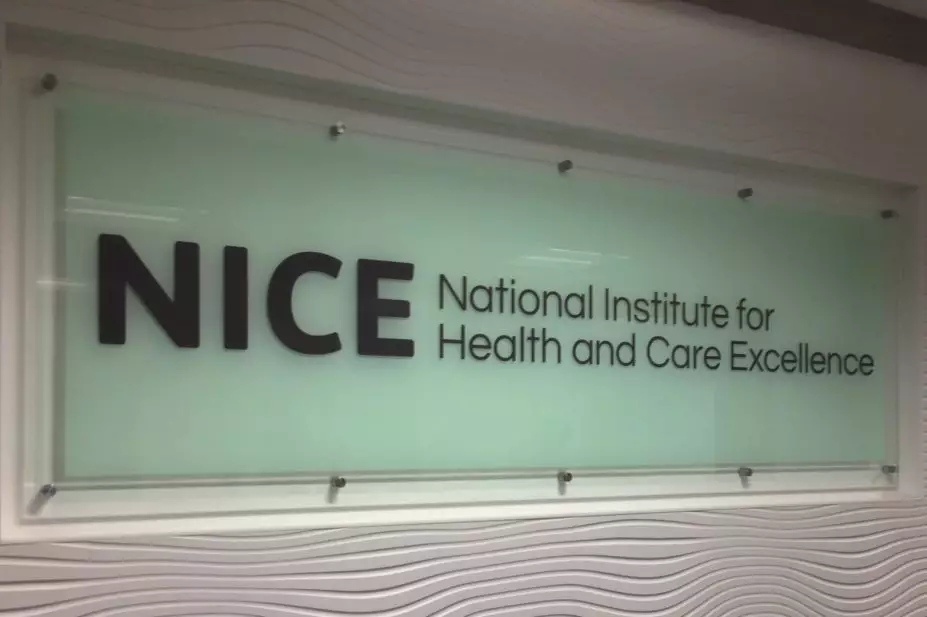
Courtesy of NICE
Thousands of British women with breast cancer will have access to two new drugs after the UK’s National Institute for Health and Care Excellence (NICE) recommended them for routine funding.
The two drugs, palbociclib, manufactured by Pfizer, and ribociclib, from Novartis, are recommended for patients with oestrogen-receptor positive, HER2-negative advanced or secondary breast cancer. The drugs have been shown to slow the growth of cancer for an average of ten months.
NICE provides guidance, advice and quality standards to the NHS, including technology appraisals guidance on the cost-effectiveness of health technologies.
The agency had previously rejected palbociclib as too expensive in relation to its clinical effectiveness.
Professor Carole Longson, director of the centre for health technology evaluation at NICE, said its new decision came after drug manufacturers provided more evidence for their effectiveness and negotiated a lower price with health officials.
“The committee heard that by postponing disease progression, palbociclib and ribociclib may reduce the number of people who are exposed to the often unpleasant side effects of chemotherapy, and delay the need for its use in others,” she said.
“We are pleased, therefore, that the companies have been able to agree reductions to the price of palbociclib and ribociclib to allow them to be made routinely available to people with this type of breast cancer.”
There are approximately 45,000 new diagnoses of breast cancer annually in England, and an estimated 8,000 of these would be eligible for treatment with either of the two drugs.
Palbociclib is given to eligible patients who were diagnosed with cancer after it had already spread to other parts of the body; eligible women who have gone through the menopause can be given ribociclib.
Nicholas Turner, professor of molecular oncology at the Institute of Cancer Research, which led the major clinical trial into palbociclib with the Royal Marsden NHS Foundation Trust, welcomed NICE’s decision.
“The development of this brand of new class of cancer drug is one of the most important breakthroughs for women with advanced breast cancer in the last two decades,” he said, adding, “These drugs have allowed women to live a normal life for longer.”
You may also be interested in

Medicines regulator approves anastrozole for prevention of breast cancer in post-menopausal women

Statins may protect heart from breast cancer chemotherapy
